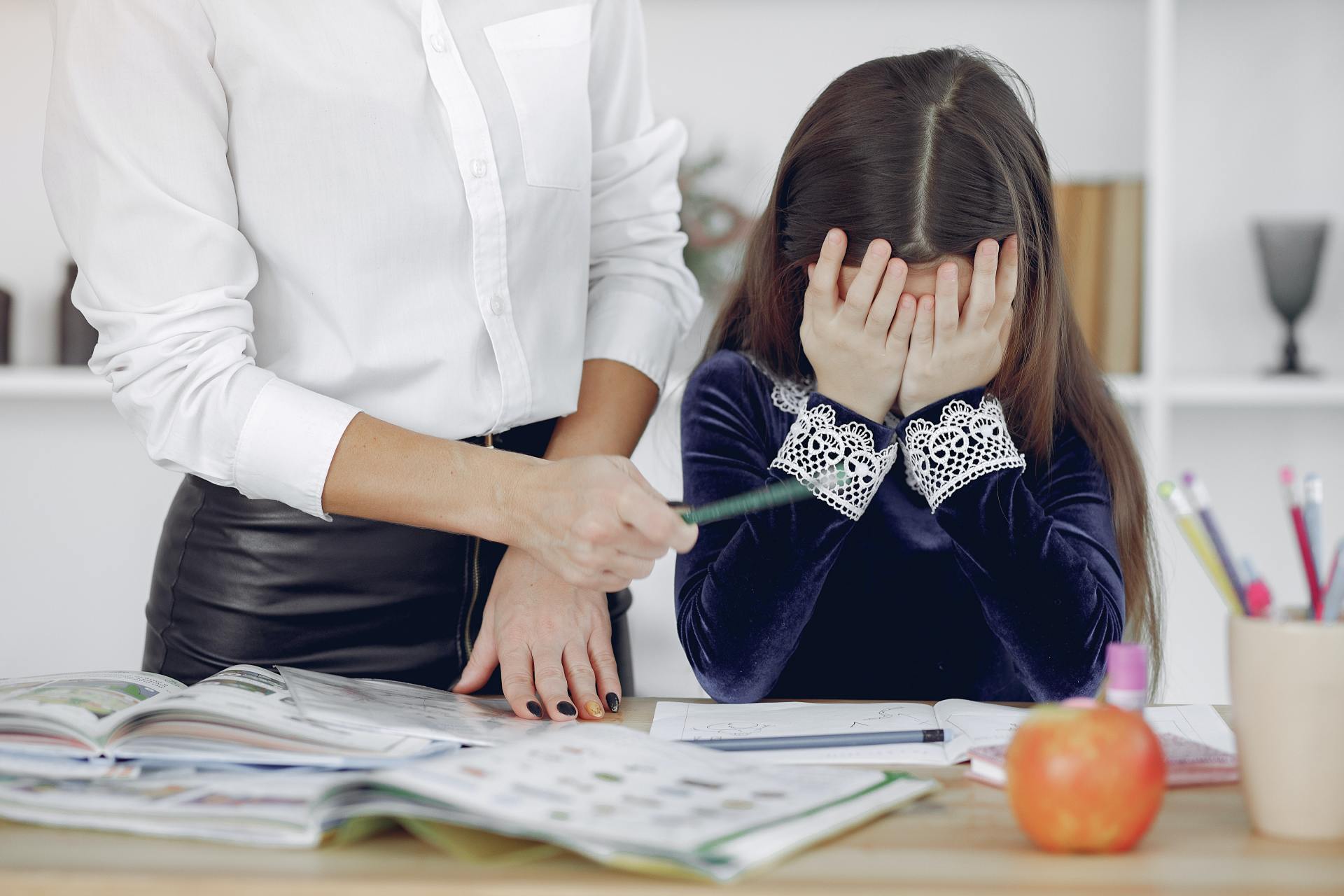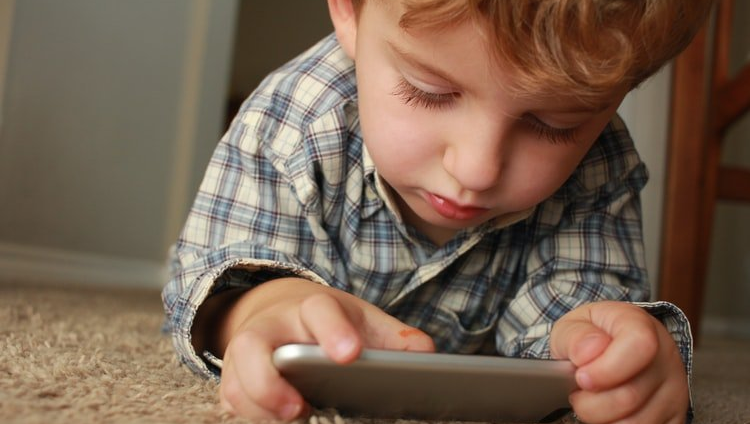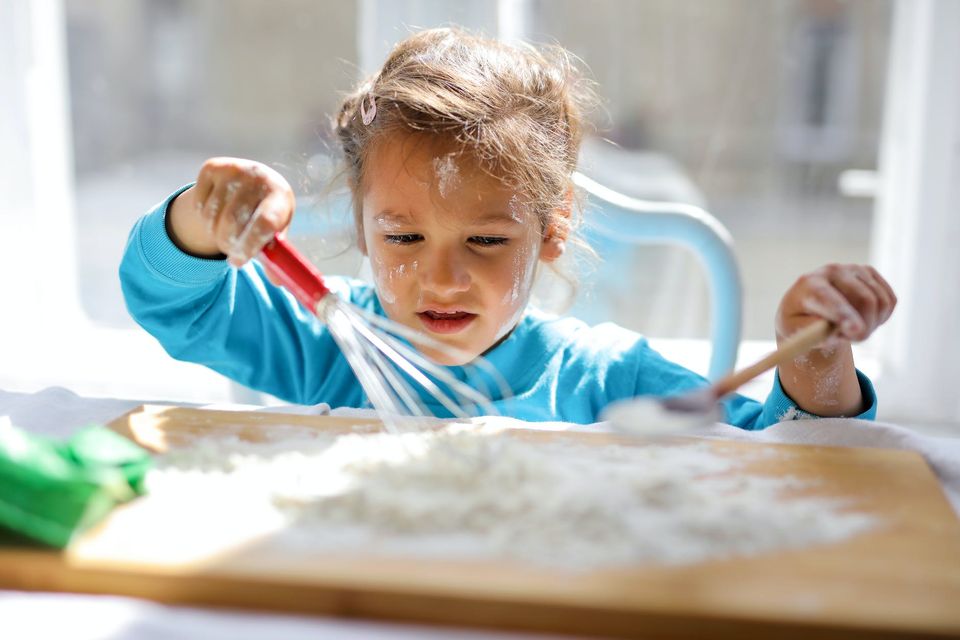Dyspraxia & Hand Washing: Fine Motor Skills
Jun 16, 2020
It has never been more important to support our children to develop good personal hygiene. For children with fine motor skill difficulties, washing their hands can be a very difficult task. In this article, we explore some ideas to support your child with hand washing.

Stayin’ Alive, Jolene or Happy Birthday (twice)- what does the song you sing while washing your hands say about you?
To protect yourself and your family from Covid-19, the NHS has recommended hand washing as the first line of defence. They recommend washing your hands for 20 seconds, the time taken to sing Happy Birthday twice. You should use warm soapy water and take extra care to ensure you are cleaning between your fingers.
For all families, this time is a great opportunity to teach your children about good personal hygiene. It’s a time to explore when and why we need to wash our hands and the correct technique. There are a number of excellent resources for kids available, such as the NHS
website. On Twitter, one user shared a now-viral tweet
which included a video of someone washing his gloved hands with black paint. The video shows the importance of good hand washing technique in a visual way.
This simple at-home science experiment has also been shared widely and is a fantastic way to teach your children about hand washing. With pepper, soap and water, you can easily show your children how soap fights germs.
Learning to wash your hands is an essential life skill and will help children to become more independent. Meghan Corridan, the paediatric occupational therapist behind blog MAC Toys, believes that these self-care skills are something that parents and teachers of typically developing children often take for granted.
For children with developmental coordination disorders (DCD) such as dyspraxia, completing everyday tasks, such as washing their hands, can be very challenging. Dyspraxia is a coordination disorder that affects the development of motor skills.
People with dyspraxia may have difficulties with motor planning. Motor planning is the ability to think about what you want to do and to carry out steps in order to make it happen. This is often a subconscious process but when we are learning a new skill, it requires more conscious thought and repetition.
Education writer Peg Rosen
explains that for children struggling with motor planning, “even if they’ve done a task before, it’s like they’re doing it for the first time”.
Along with motor planning difficulties, children with dyspraxia may also struggle to develop the fine motor skills needed to use soap pumps and to turn taps on and off.
No matter the reasons why your child isn’t washing their hands, it’s important to get them into good personal hygiene habits. Below are some ideas to help support your child:
Display a Step by Step guide
You can download or make your own visual cue cards detailing the steps involved in washing your hands. Displaying these near sinks will support your child as they complete the task step-by-step. You can reinforce this with fun songs and dances, such as Washy Washy Clean
or this amazing viral dance from Vietnam, well suited for the TikTok generation.
Organise everything they need
Make sure everything your child needs to complete the task is in the bathroom, ideally in one place. This might include soap, a flannel or sponge and a clean towel. This will help them remember each step. You may also consider making adaptations to your bathroom, such as providing an automatic soap dispenser, a step stool or handle extension.
Explain why
As with all children learning to effectively wash their hands, it is important for them to understand why. Explain in a simple and calm way that clean hands help prevent themselves and other people from getting sick. Explain that your child can help keep other people safe by washing their hands regularly. Fun at-home experiments will help illustrate your point!
Reminders
Once your child understands how and why, you must support them to answer the question “when”. While children are under your watchful eye, you can audibly remind them to do so before eating food or after going to the toilet. When children are at school or playgroup, you can use notes and reminders to encourage good hygiene, for example on their lunchbox or in their backpack.
Articles

The United Nations has described the disruption to education caused by the pandemic as ‘unparalleled’. At the virus’ worldwide peak in April, it is estimated that over 90% of all enrolled learners, from kindergarten to bachelors and beyond, had their education affected by school closures and the pandemic (UNESCO). For many university students and older children, they have had to adapt quickly to online learning. They can keep in touch with their peers and teachers online and continue their studies, albeit in a highly modified way. As challenging as this may be, this experience will help equip them for a future that is increasingly online. For parents of younger children, they are assuming a new role: their child’s home school teacher. This is in addition to their usual childcare and household duties, their work responsibilities and often emotional and financial worries caused by the pandemic. Stressful? Yes. The good, and somewhat surprising, news? The experts advise that you don’t teach your children - at least not in the way you might expect.

Lockdown has brought the digital future into the now. Online shopping, entertainment, education and more have moved from the periphery to the mainstream to, in many cases, the only option. With the necessity of social distancing looking to continue for many months, it appears that this rapid digital revolution is here to stay. This means that life as we know it, in most of its sectors, has changed forever. In order to survive, businesses are having to adapt rapidly, embrace technology and look to the future. Architecture is no exception. There has been a widespread adoption of technology and VR over the past few months in response to the lockdown across all of society. Elderly grandparents who were once resistant to adopt new technologies talk of “Zooming” and have started video chatting with their family members to combat loneliness. Art galleries that were once considered stuffy or pretentious are now pioneers in VR technology, with Google Art & Culture offering tours of London’s National Gallery or the Musee D’Orsay in Paris. These virtual tours deliver art in a dynamic new way that can be far more engaging than regular photos. Critics have applauded the panoramic and immersive views of gallery building and exhibitions which work well for rendering of 2 dimensional art, however impressions of sculpture is somewhat lacklustre. With VR technology, users can enjoy a truly immersive experience in the comforts, and safety, of their own home. The COVID-19 pandemic has served as an accelerant for the arts and entertainment industries to embrace VR.

With schools in around 190 countries across the world closing in response to the COVID-19 pandemic, many parents are facing a formidable challenge: keeping their children occupied and developing at home. Overnight, students have had to adapt to new routines and parents have taken on new responsibilities as teacher and carer, often all while juggling their own work commitments or financial worries. Adults and children alike are turning to their screens for a sense of normality, a way to pass the time and to work and study. For parents, giving a child a screen is sure to keep them from bouncing off walls for at least a few hours, providing some much needed respite from 24/7 childcare duties. But many parents are feeling guilty and concerned about the amount of time their children are spending on devices. How much is too much? The WHO recommends that children under the age of 2 should have no passive screen time whatsoever as excessive use has been linked to language processing delays. Older children, around 2-5 years of age, should be limited to around 1 hour each day. There is no such guidance for older children but excessive screen time is often linked with poor quality of sleep, eye strain and inactivity and weight gain. While all of this is true, never during these studies did a global pandemic come into the equation.




